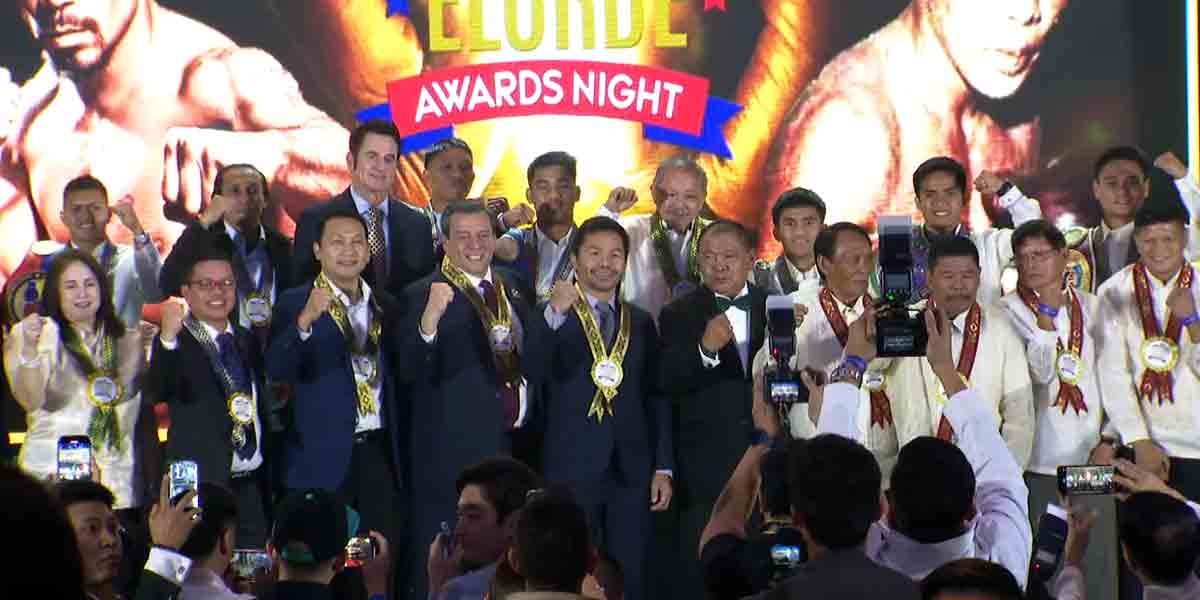
By Francis Allan L. Angelo
Finance Secretary Ralph G. Recto is riding high on the World Economic Forum’s (WEF) positive outlook for the Philippines. Following the Country Roundtable in Manila, held on March 19, 2024, the WEF is confident that the Philippines is on an accelerated path to becoming a $2-trillion economy within the next decade.
“We have effectively communicated to the world that the Philippine economy is set to become a global powerhouse,” Recto shared with palpable optimism. This sentiment was buoyed by the keen interest of international business leaders throughout the roundtable discussions.
The event saw a confluence of business leaders and decision-makers globally, converging in Manila to delve into the Philippine growth narrative and scout for investment opportunities. This assembly included key figures from the energy, infrastructure, finance, and telecommunications sectors, among others.
This was the first such WEF event in the Asia Pacific since the pandemic, marking a significant return to in-person international dialogues on economic development.
WEF President Børge Brende’s statement projected a bullish future for the Philippines, hinging on sustained reforms. “With strategic investments in education and infrastructure and tapping into the Filipino people’s talents, I see the Philippines morphing into a $2-trillion economy,” Brende commented.
Brende highlighted the country’s resilient economy, now the fastest-growing in its region, and foresees its rise to the 18th largest globally in a few years, and potentially the 12th.
Echoing Brende’s confidence, Special Assistant to the President Frederick D. Go outlined the Marcos Jr. administration’s initiatives to roll out the red carpet for investors. These efforts are encapsulated in the Public-Private Partnership Code, the Ease of Paying Taxes Law, and executive orders aimed at streamlining investment processes and internet infrastructure development.
In line with these developments, Secretary Recto leads the charge in implementing policies under the Growth-Enhancing Actions and Resolutions (GEARs) plan. The plan focuses on achieving investment-led growth, enhancing the regulatory regime, and reducing the cost of doing business.
“We’re actively discussing PPPs, with significant interest in the airport sector and renewable energy,” Recto revealed, indicating a surge of prospective investments in infrastructure.
For sustained economic advancement, Brende urged the need to cut through red tape, foster entrepreneurial spirit, and improve labor force skills. He noted the potential for the Philippines to become a breeding ground for unicorns—privately held startup companies valued at over $1 billion.
The Philippines’ young, highly-skilled, English-speaking workforce stands as a strong competitive advantage, vital for shaping a knowledge-based economy that could leapfrog into a major global economic player in the coming years.






















